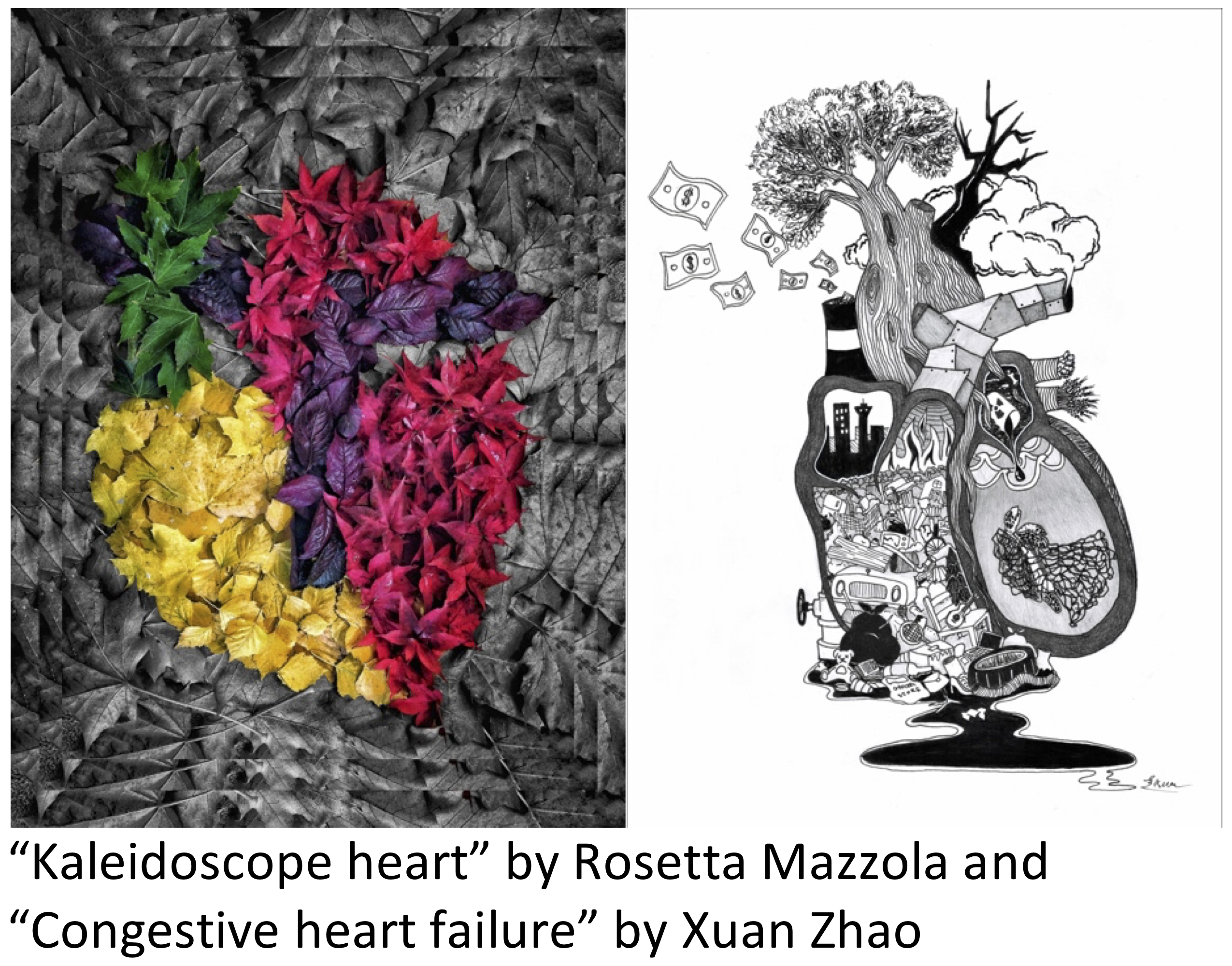Does the Medical College Admission Test (MCAT) predict licensing examination performance in the Canadian context?
DOI:
https://doi.org/10.36834/cmej.42307Keywords:
Admissions Process, Licensing Exam, MCAT, Medical School Selection, Predictive ValidityAbstract
Background: Research on the predictive validity of the Medical College Admissions Test (MCAT) on licensing examination performance is varied in its conclusions, with only a few studies examining this relationship in a Canadian context. We assessed the predictive validity of the MCAT on successful performance on the Medical Council of Canada Qualifying Examination (MCCQE) Part 1 by students attending the Cumming School of Medicine.
Methods: Prospective data were collected on MCAT score and sub-section scores, MCCQE decision, multiple mini interview (MMI) performance, gender, and age. The cohort was divided into a derivation cohort (2013 and 2014) and validation cohort (2015 and 2016). Students were dichotomized into pass or fail on MCCQE. Multiple logistic regression in which our dependent variable was MCCQE Part I examination success at the first attempt was used, and potential explanatory variables were age, gender, MCAT total score, and sub-scores for the biological sciences (MCAT-BS), physical sciences, and verbal reasoning, GPA, and MMI ratings.
Results: For the derivation cohort MCAT-BS was associated with success on the MCCQE Part I. The odds ratio for this association of 1.37 (95% confidence interval [1.01, 1.85], p = 0.04). When we applied the MCAT-BS to our validation cohort the odds ratio of MCCQE Part I examination success was 1.42 [1.10, 1.83], p = 0.007) and the area under the ROC curve was 0.66 [0.54, 0.79]).
Conclusion: The MCAT-BS predicted successful performance on the MCCQE Part 1 Examination in the Canadian setting.
Downloads
Published
Issue
Section
License
Submission of an original manuscript to the Canadian Medical Education Journal will be taken to mean that it represents original work not previously published, that it is not being considered elsewhere for publication. If accepted for publication, it will be published online and it will not be published elsewhere in the same form, for commercial purposes, in any language, without the consent of the publisher.
Authors who publish in the Canadian Medical Education Journal agree to release their articles under the Creative Commons Attribution-Noncommercial-No Derivative Works 4.0 Canada Licence. This licence allows anyone to copy and distribute the article for non-commercial purposes provided that appropriate attribution is given. For details of the rights an author grants users of their work, please see the licence summary and the full licence.






